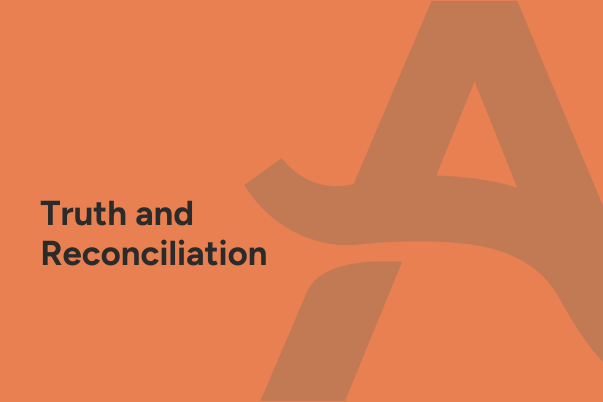
The National Day for Truth and Reconciliation is September 30. It is also known as Orange Shirt Day. The day acknowledges the legacy of Canada’s residential school systems and raises awareness of the experiences and impacts these systems have had on Indigenous families and communities.
While the day is a statutory holiday for employees in the federal government and federally regulated workplaces across some provinces, many other workplaces are asking how they can support employees and honour the day in a meaningful way.
First and foremost, truth and reconciliation is ongoing and essential. Residential school findings continue. Our nation’s dialogue, dedication to uncovering the truth, and reconciliation must continue too.
At Artemis, we’ve compiled a list of recommendations and resources from Indigenous leaders. We hope these can help your organization reflect, learn, and honour this day and beyond. Please share your ideas with us so we can build on this list together.
The stories of Indigenous children and their families are painful to hear. For non-Indigenous people, sitting with these truths is a necessary part of reconciliation and begins with education.
Orange Shirt Day began in 2013 to honour residential school survivors and their families. The orange shirt came from the story of Phyllis Jack Webstad, who was stripped of her new orange shirt on her first day at residential school at age six.
Indigenous-led businesses and organizations reflect the diversity of Indigenous experiences in Canada. Financial support is meaningful, but there are many ways to contribute.
Reconciliation is not limited to a single day. It can be built into workplace practices and culture.
Reconciliation looks different for everyone. The National Day for Truth and Reconciliation calls us to reflect, learn, and take action. Connecting with Indigenous people in your local community is one of the most meaningful ways to honour this day. We hope these resources help guide your organization as we collectively work toward reconciliation.
Curious about other Diversity, Equity, and Inclusion workplace resources? Visit our website for more.